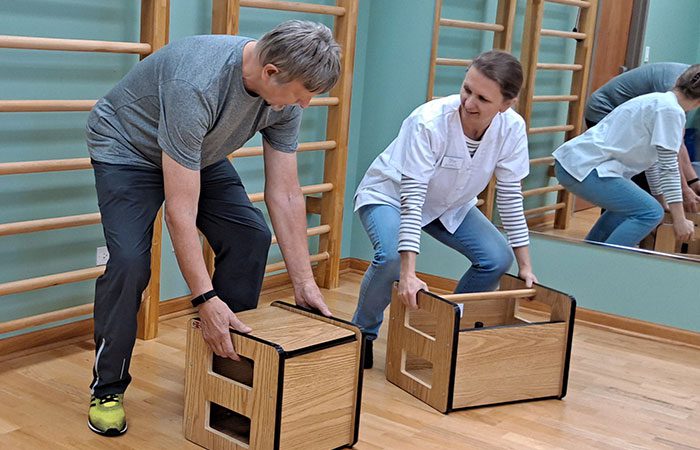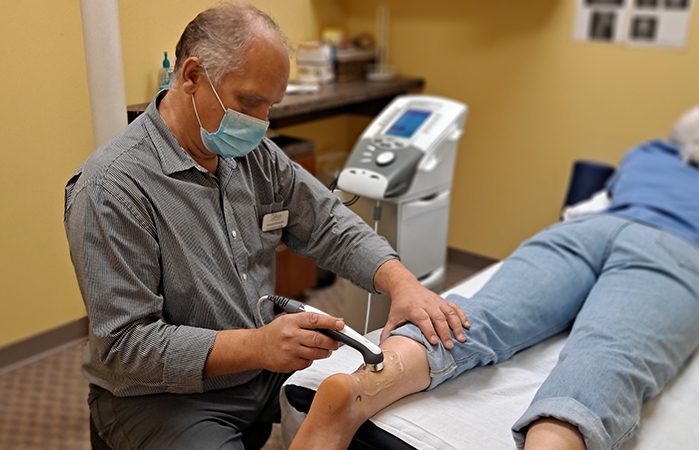Physical Therapy
PHYSICAL THERAPY BENEFITS
- Reduce or eliminate pain
- Help to avoid invasive procedures, including injections and surgeries
- Improve mobility
- Reduce stress and increase energy
- Fasten recovery from or prevent a sports injury
- Improve balance and prevent falls
- Help to Manage diabetes and vascular conditions
- Manage age-related issues
- Manage heart and lung disease
- Manage Women’s Health
- Weight loss and weight management with customized exercise plans
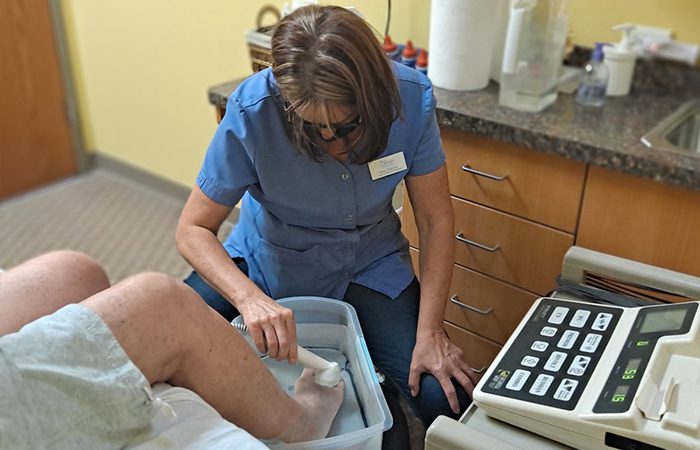
ARTHRITIS MANAGEMENT
Arthritis treatment focuses on reducing inflammation and pain as well as improving joint function. It includes manual therapy, therapeutic exercises, electrical stimulation (including Iontophoresis), laser and ultrasound treatment.
ELECTRICAL STIMULATION
It is a modality that uses a beneficial effect of low-level electric current on the human body. It relieves pain, strengthens muscles, treats hyperhidrosis (excessive sweating), and is used to deliver anti-inflammatory or pain-relieving medications through the skin directly to painful areas
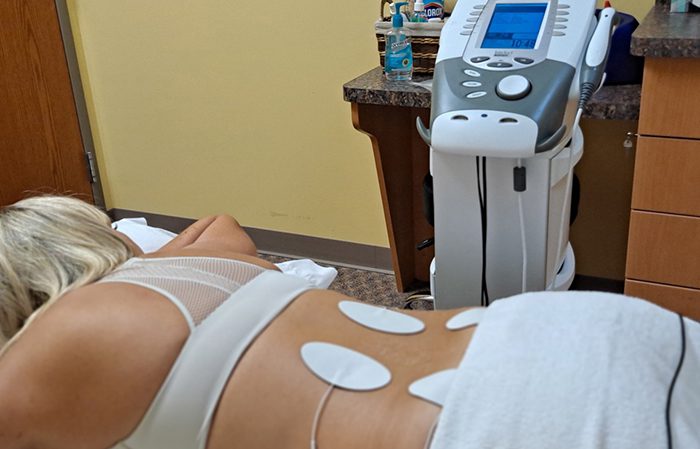
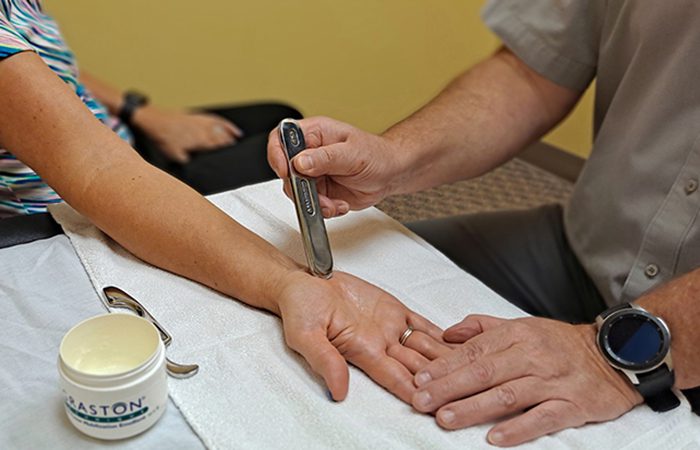
GRASTON TECHNIQUES
The Graston Technique is a form of manual therapy known as soft-tissue instrument-assisted mobilization. A therapist uses instruments with a specialized form of gentle massage/scraping the skin. The therapy is designed to detect and treat areas of scar tissue and adhesions in muscles, tendons, and ligaments, which lead to pain and dysfunction.
KINESIOTAPING
Kinesio Taping is a technique designed to work with the body’s natural healing process while providing rehabilitative support and stability to muscles and joints. It can be used to decrease pain, reduce inflammation, and relax overused or tired muscles.
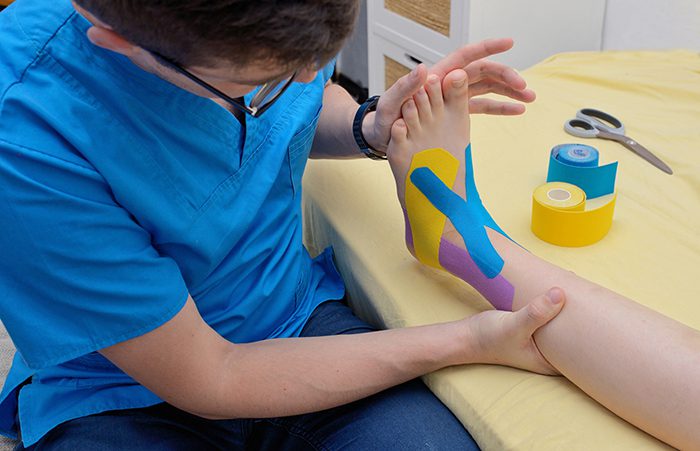
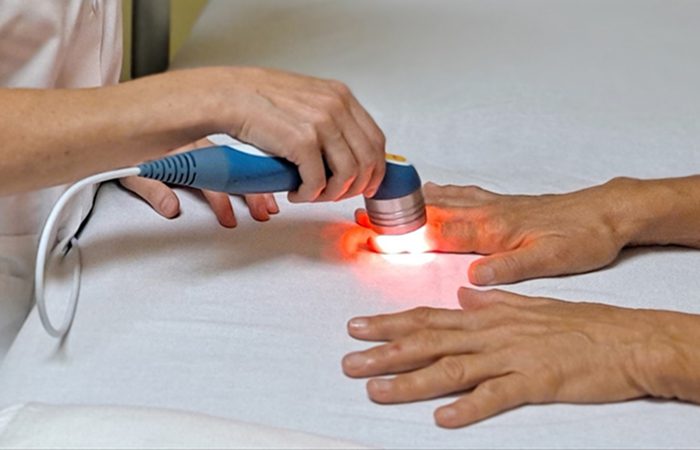
LASER THERAPY
Laser Therapy is a non-invasive treatment that uses intense beams of light of specific wavelengths to reduce pain related to your injury. Low-level lasers send cold light through skin layers to soft tissue to stimulate blood flow and cell metabolism.
LSVT® BIG
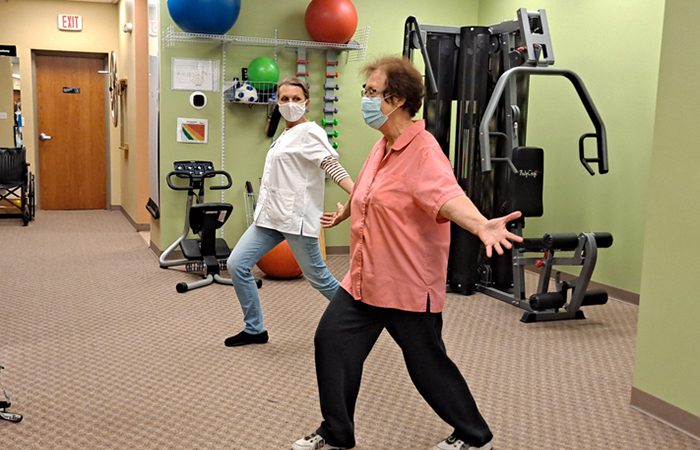
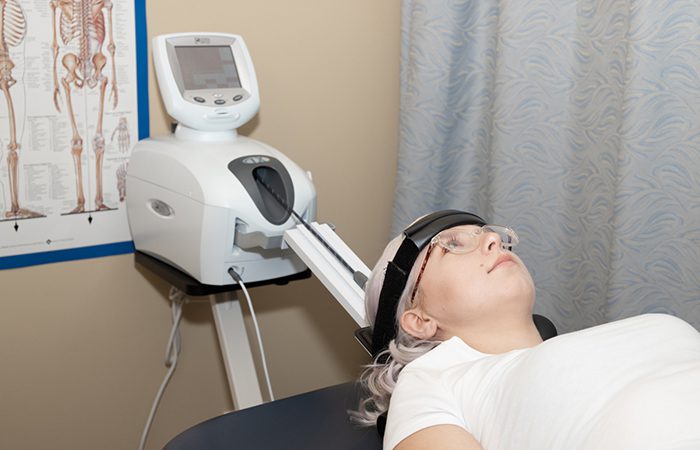
NONSURGICAL SPINAL DECOMPRESSION
(TRACTION)
This is a type of motorized traction to help relieve back pain. Spinal decompression works by gently stretching the spine taking pressure off the spinal discs and joints, increasing the space between them, decreasing muscle spasms, and relieving the pressure off the irritated nerve roots.
STRAIN COUNTERSTRAIN
Strain Counterstrain is a gentle soft tissue manipulation technique effective in treating pain, limitations in strength, and range of motion. It allows a therapist to painlessly “release” muscle and connective tissue spasms from all areas and systems of the human body. Because Strain Counterstrain yields lasting results and has no side effects, it has numerous applications in the rehabilitative setting.
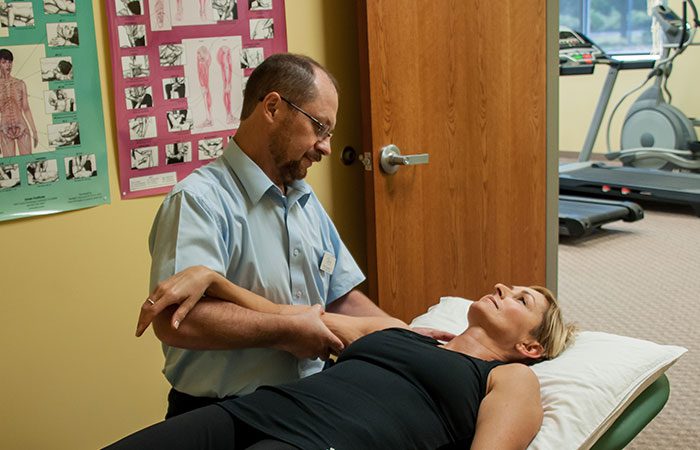
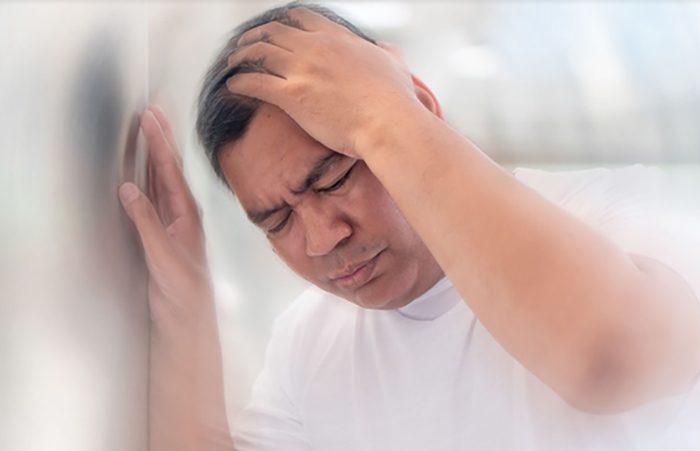
VESTIBULAR REHABILITATION
WORK CONDITIONING
